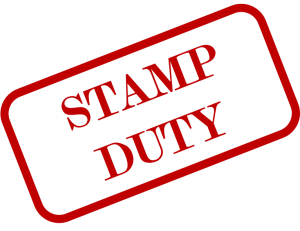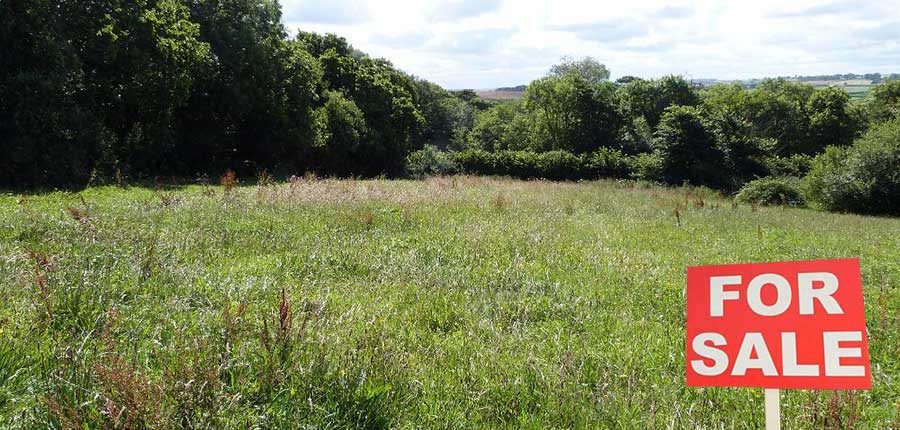
Walking past the Extinction Rebellion protest in Bishopsgate, a few weeks back, whether you agree with their tactics or not, brought the reality into focus, that our planet is in serious trouble. The onus is on every single one of us to do more and it will require a concerted effort.
Given that Magnet Capital’s focus is to support our SME Developer clients in building the right new build houses in the right places, it is pertinent to shine the spotlight on what new homes can do to help the country meet its target of reducing greenhouse emissions to net zero by 2050. The new and existing housing stock currently accounts for circa 20% of emissions.
Somewhat under the radar, the Government in its 2019 Spring Statement has turned its attention to residential housing emissions by including a commitment that, by 2025, they would introduce a Future Homes Standard for new build homes. This would include low carbon heating and world-leading levels of energy efficiency. The Government has now published a new consultation, setting out these plans, which is open to responses until 10 January 2020. This consultation marks the first step towards implementation of the 2025 Future Homes Standard, proposing to tighten the standards on energy efficiency and ventilation in new homes as of late 2020.
It includes two options:- the first is a 20% improvement on carbon dioxide emissions by ensuring new build houses have triple glazing and a waste water heat recovery system, helping you to save money on your home.
The second would result in a 31% improvement which require only double glazing but crucially low-carbon heating and/or renewables such as photovoltaic (solar) panels.
The government’s aim is for the housing industry to develop the necessary supply chains, skills and construction practices to deliver low-carbon heat, and highly energy efficient new homes by 2025. Crucially, it has been rumoured to include the banning the installation of fossil fuelled heating systems in homes built from 2025. Whether this means gas boilers will be banned for new builds is a matter for debate, given there are genuine concerns over whether alternatives such as air source heat pumps are viable because of their high initial cost and current ability to heat a home.
However, what is not in doubt is that new build house builders cannot bury their head in the sand, as the first raft of changes of increased efficiency standards will apply by the end of next year. These will have cost implications for house builders and SME developers need to be aware.
Changes are coming and some will be painful but ultimately we all have to up our game to protect our planet.










Recent Comments